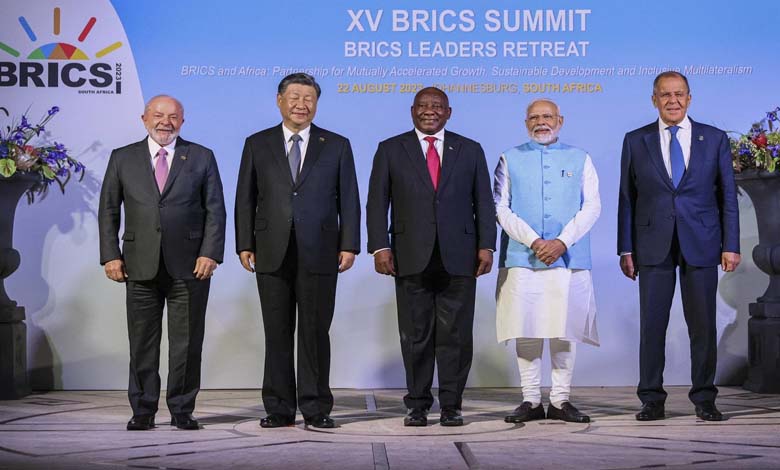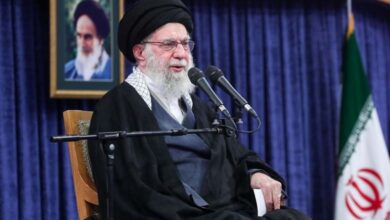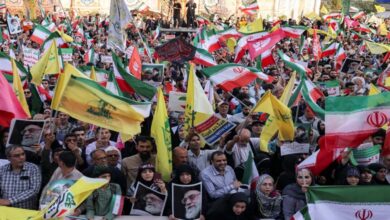The Eastern Influence and the BRICS Bloc: How China and Arab Countries Prevailed at the G20 Summit?
China and Arab countries have outperformed at the G20 Summit

Observers have described the joint statement by the G20, which avoided direct criticism of Russia over its crisis with Ukraine, as a significant diplomatic victory for India. Just a few days ago, reaching a consensus on a joint statement in Delhi seemed nearly impossible, given the sharp divisions within the group regarding Russia’s invasion of its neighbor.
Eastern Dominance
The British Broadcasting Corporation (BBC) has emphasized that in the end, a statement received unanimous support from all G20 member states without any dissenting comments. Even Ukraine itself, which was not represented at the summit, was not pleased. However, key players, including the United States, the United Kingdom, Russia, and China, praised the outcome.
The BRICS bloc, consisting of five countries—Brazil, Russia, India, China, and South Africa—which welcomed six new members during its annual summit in August, had a prominent role in the G20. These new members included Argentina, Ethiopia, Egypt, Iran, Saudi Arabia, and the United Arab Emirates. They have close ties with China, granting the Eastern camp a significant advantage, unprecedented in the history of international summits.
The expansion may not have played a direct role in the G20 summit results, but it is no secret that the West has been wary of China’s growing influence, particularly in the developing world, in recent years.
Geopolitical Shift
Bramit Pal Chaudhuri, Head of South Asia Practice at Eurasia Group, states, “It wasn’t a direct factor, but the West, especially the United States, realizes that China is effectively attempting to create an alternative international system opposed to the West, and it has already been working on major geopolitical shifts in science.”
He further explains that the West sees India as a balancing force against China and did not want Delhi’s presidency to end without making an announcement. There were more than enough reasons for the West to assist India in reaching a consensus.
The key sticking point was the crisis in Ukraine. The G20 statement in Bali last year condemned “the aggression by the Russian Federation against Ukraine,” while mentioning some member’s objections to this assessment. It seemed impossible for the West to agree on language weaker than that used in Bali, and Russia indicated that it would not accept a statement holding it responsible for the war.
The BBC notes that a breakthrough was needed, and India was in a good position to facilitate it, given its good relations with both Moscow and the West. Ultimately, the statement did not place blame on Russia for the Ukrainian crisis, which analysts deemed a softer stance compared to Bali. However, it also sufficiently satisfied Western countries.
UK Prime Minister Rishi Sunak stated that the statement used “strong language highlighting the impact of the war on food prices and food security.” Russian Foreign Minister Sergei Lavrov described the Delhi summit as a historic event.
The unexpected agreement upset Ukraine, which stated that the G20 had nothing to be proud of. Additionally, the debt crisis facing many developing nations was a significant concern before the summit.












